#emmanuel rhoides
Explore tagged Tumblr posts
Text

7 notes
·
View notes
Text







Experimenting with glitches on a vintage photo of Emmanuel Rhoides, my 19th century literary hero, journalist, essayist and satirist. GIMP and the online glitch editor PHOTOMOSH.
0 notes
Photo
People are so stuck with ancient Greece that they tend to forget the huge gap between the past and the present. A small list (there's more to it that I'm not going to add right now but you can ask me) :
Writers: •Kazantzakis
•Emmanuel Rhoides
•Georgios Vizyinos
•Konstantinos Theotokis
•Alexandros Papadiamantis
•M. Karagatsis
•Stratis Myrivilis
•Andreas Karkavitsas
•Dido Sotiriou
•Vitsentzos Kornaros
Poets: •Seferis (Nobel)
•Elytis (Nobel)
•C.P. Cavafy (my favourite I'll add a link)
•Karyotakis (depressing poems)
•Tasos Livaditis
•Manolis Anagnostakis
•Nikos Engonopoulos(+check his paintings)
•Kiki Dimoula
•Dionysios Solomos(Greece's national poet)
http://cavafis.compupress.gr/index2.htm
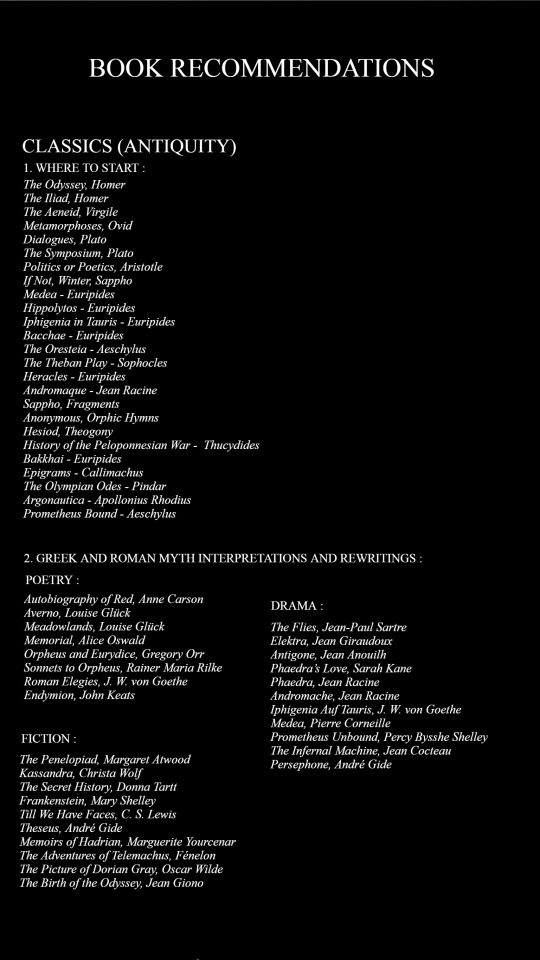
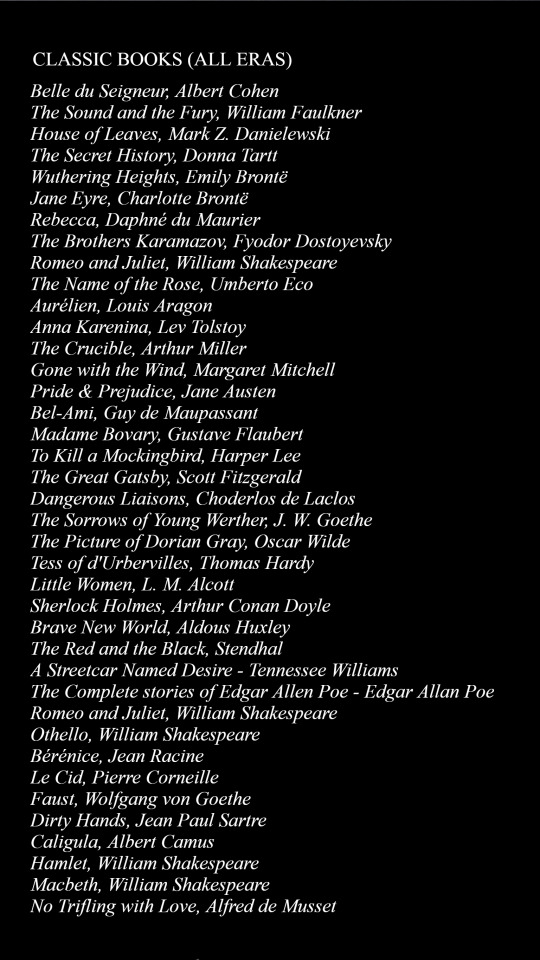
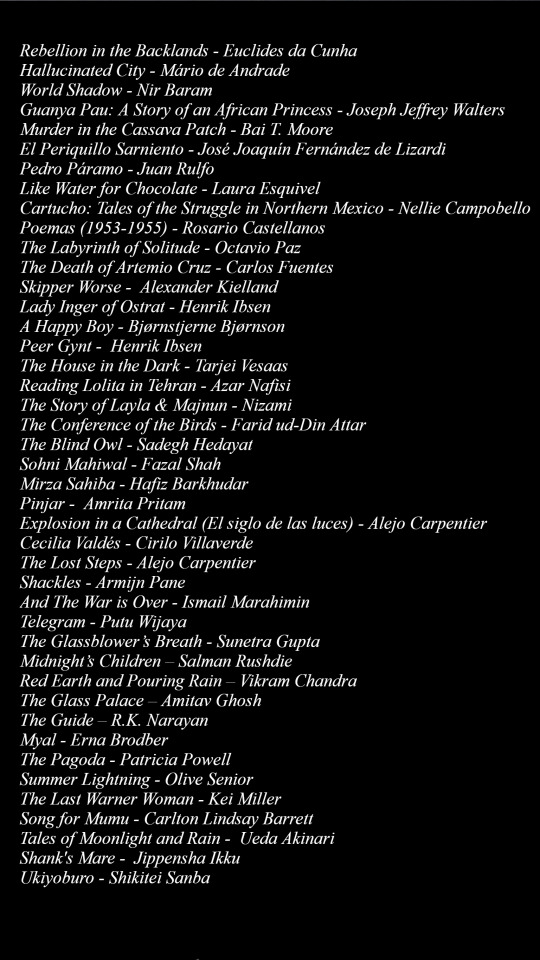
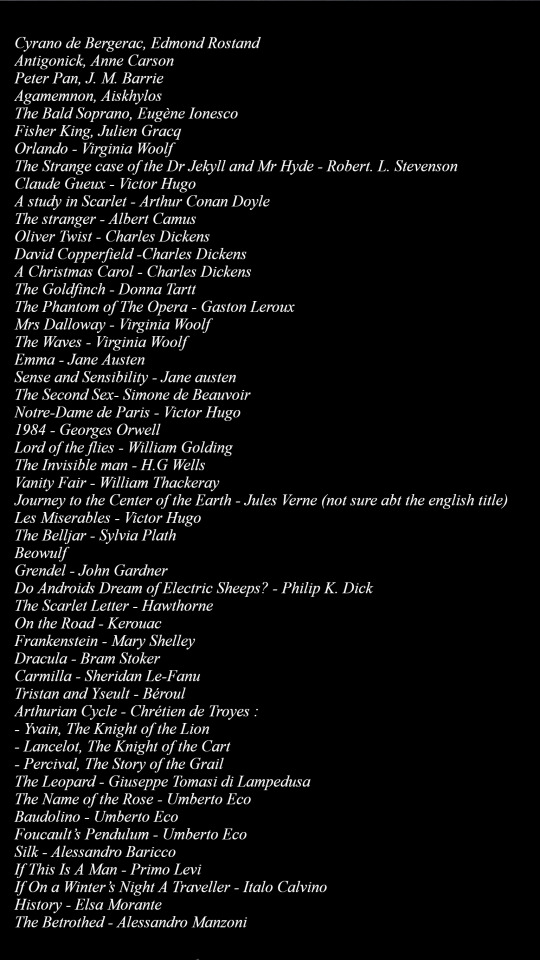
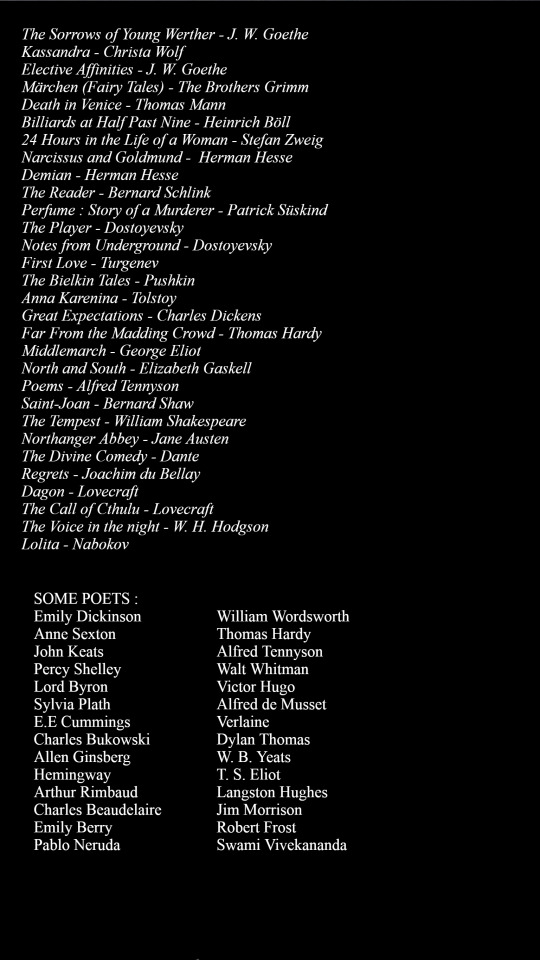
If you feel like you’ve seen this alread, that’s normal. This list of recommendation has been previously posted on my first account @praestantias which has been deleted for some reasons. So here I am, reposting it.
Hating how elitist and eurocentric the dark academia community became, I would truly appreciate that you leave some recommendation of book written by people of color, for I noticed that I am guilty of the eurocentric part, but I am really want to educate myself and read more non-white books.
Thank you for your suggestions!
38K notes
·
View notes
Photo

Theatre in its western form was born in Greece.[324] The city-state of Classical Athens, which became a significant cultural, political, and military power during this period, was its centre, where it was institutionalised as part of a festival called the Dionysia, which honoured the god Dionysus. Tragedy (late 6th century BC), comedy (486 BC), and the satyr play were the three dramatic genres to emerge there. During the Byzantine period, the theatrical art was heavily declined. According to Marios Ploritis, the only form survived was the folk theatre (Mimos and Pantomimos), despite the hostility of the official state.[325] Later, during the Ottoman period, the main theatrical folk art was the Karagiozis. The renaissance which led to the modern Greek theatre, took place in the Venetian Crete. Significal dramatists include Vitsentzos Kornaros and Georgios Chortatzis. The modern Greek theatre was born after the Greek independence, in the early 19th century, and initially was influenced by the Heptanesean theatre and melodrama, such as the Italian opera. The Nobile Teatro di San Giacomo di Corfù was the first theatre and opera house of modern Greece and the place where the first Greek opera, Spyridon Xyndas’ The Parliamentary Candidate (based on an exclusively Greek libretto) was performed. During the late 19th and early 20th century, the Athenian theatre scene was dominated by revues, musical comedies, operettas and nocturnes and notable playwrights included Spyridon Samaras, Dionysios Lavrangas, Theophrastos Sakellaridis and others. The National Theatre of Greece was opened in 1900 as Royal Theatre.[326] Notable playwrights of the modern Greek theatre include Gregorios Xenopoulos, Nikos Kazantzakis, Pantelis Horn, Alekos Sakellarios and Iakovos Kambanelis, while notable actors include Cybele Andrianou, Marika Kotopouli, Aimilios Veakis, Orestis Makris, Katina Greek literature can be divided into three main categories: Ancient, Byzantine and modern Greek literature.[327] Athens is considered the birthplace of Western literature.[328] At the beginning of Greek literature stand the two monumental works of Homer: the Iliad and the Odyssey. Though dates of composition vary, these works were fixed around 800 BC or after. In the classical period many of the genres of western literature became more prominent. Lyrical poetry, odes, pastorals, elegies, epigrams; dramatic presentations of comedy and tragedy; historiography, rhetorical treatises, philosophical dialectics, and philosophical treatises all arose in this period. The two major lyrical poets were Sappho and Pindar. The Classical era also saw the dawn of drama. Of the hundreds of tragedies written and performed during the classical age, only a limited number of plays by three authors have survived: those of Aeschylus, Sophocles, and Euripides. The surviving plays by Aristophanes are also a treasure trove of comic presentation, while Herodotus and Thucydides are two of the most influential historians in this period. The greatest prose achievement of the 4th century was in philosophy with the works of the three great philosophers. Byzantine literature refers to literature of the Byzantine Empire written in Atticizing, Medieval and early Modern Greek, and it is the expression of the intellectual life of the Byzantine Greeks during the Christian Middle Ages. Although popular Byzantine literature and early Modern Greek literature both began in the 11th century, the two are indistinguishable.[329] Constantine P. Cavafy, whose work was inspired mainly by the Hellenistic past, while Odysseas Elytis (centre) and Giorgos Seferis (right) were representatives of the Generation of the ’30s and Nobel laureates in Literature. Modern Greek literature refers to literature written in common Modern Greek, emerging from late Byzantine times in the 11th century. The Cretan Renaissance poem Erotokritos is undoubtedly the masterpiece of this period of Greek literature. It is a verse romance written around 1600 by Vitsentzos Kornaros (1553–1613). Later, during the period of Greek enlightenment (Diafotismos), writers such as Adamantios Korais and Rigas Feraios prepared with their works the Greek Revolution (1821–1830). Leading figures of modern Greek literature include Dionysios Solomos, Andreas Kalvos, Angelos Sikelianos, Emmanuel Rhoides, Demetrius Vikelas, Kostis Palamas, Penelope Delta, Yannis Ritsos, Alexandros Papadiamantis, Nikos Kazantzakis, Andreas Embeirikos, Kostas Karyotakis, Gregorios Xenopoulos, Constantine P. Cavafy, Nikos Kavvadias, Kostas Varnalis and Kiki Dimoula. Two Greek authors have been awarded the Nobel Prize in Literature: George Seferis in 1963 and Odysseas Elytis in 1979., Manos Katrakis and Dimitris Horn. Significant directors include Dimitris Rontiris, Alexis Minotis and Karolos Koun. Greek literature can be divided into three main categories: Ancient, Byzantine and modern Greek literature.[327] Athens is considered the birthplace of Western literature.[328] At the beginning of Greek literature stand the two monumental works of Homer: the Iliad and the Odyssey. Though dates of composition vary, these works were fixed around 800 BC or after. In the classical period many of the genres of western literature became more prominent. Lyrical poetry, odes, pastorals, elegies, epigrams; dramatic presentations of comedy and tragedy; historiography, rhetorical treatises, philosophical dialectics, and philosophical treatises all arose in this period. The two major lyrical poets were Sappho and Pindar. The Classical era also saw the dawn of drama. Of the hundreds of tragedies written and performed during the classical age, only a limited number of plays by three authors have survived: those of Aeschylus, Sophocles, and Euripides. The surviving plays by Aristophanes are also a treasure trove of comic presentation, while Herodotus and Thucydides are two of the most influential historians in this period. The greatest prose achievement of the 4th century was in philosophy with the works of the three great philosophers. Byzantine literature refers to literature of the Byzantine Empire written in Atticizing, Medieval and early Modern Greek, and it is the expression of the intellectual life of the Byzantine Greeks during the Christian Middle Ages. Although popular Byzantine literature and early Modern Greek literature both began in the 11th century, the two are indistinguishable.[329] Constantine P. Cavafy, whose work was inspired mainly by the Hellenistic past, while Odysseas Elytis (centre) and Giorgos Seferis (right) were representatives of the Generation of the ’30s and Nobel laureates in Literature. Modern Greek literature refers to literature written in common Modern Greek, emerging from late Byzantine times in the 11th century. The Cretan Renaissance poem Erotokritos is undoubtedly the masterpiece of this period of Greek literature. It is a verse romance written around 1600 by Vitsentzos Kornaros (1553–1613). Later, during the period of Greek enlightenment (Diafotismos), writers such as Adamantios Korais and Rigas Feraios prepared with their works the Greek Revolution (1821–1830). Leading figures of modern Greek literature include Dionysios Solomos, Andreas Kalvos, Angelos Sikelianos, Emmanuel Rhoides, Demetrius Vikelas, Kostis Palamas, Penelope Delta, Yannis Ritsos, Alexandros Papadiamantis, Nikos Kazantzakis, Andreas Embeirikos, Kostas Karyotakis, Gregorios Xenopoulos, Constantine P. Cavafy, Nikos Kavvadias, Kostas Varnalis and Kiki Dimoula. Two Greek authors have been awarded the Nobel Prize in Literature: George Seferis in 1963 and Odysseas Elytis in 1979.#tourism#tour#worldtour #bestplace#nature#beauty enjoy#experience#history http://bit.ly/2JXqoKx
0 notes
Text
“Μεγάλη δυστυχία είναι να έχη κανείς πολύ καλήν καρδίαν. Το ηξεύρω εκ πείρας διότι μ’ έκαμεν ο Θεός παραπολύ ευαίσθητον. Δεν ημπορώ να ιδώ άνθρωπον να πάσχη και να κλαίη, χωρίς να γείνουν τα νεύρα μου άνω κάτω, ούτε να εννοήσω πως κατορθώνουν άλλοι να παρευρίσκωνται εις λυπηρά θεάματα. Αν τύχη ν’ αποθάνη γνώριμός των, τρέχουν εις την κηδείαν, ακόμη και αν χιονίζη. Αλλ’ εγώ δεν ημπορώ να ίδω αποθαμμένον άνθρωπον όπου εγνώρισα ζωντανόν, χωρίς να με ταράξη η σκέψις ότι κ’ εγώ θ’ αποθάνω. Έπειτα, αν οι συγγενείς του εφαίνοντο φρόνιμοι και παρηγορημένοι, τούτο θα μ’ επείραζε, διότι δεν αγαπώ τους εγωιστάς, αν πάλιν έκλαιαν και εθρήνουν, το θέαμα θα μου έκοπτε την όρεξιν ή θα εχαλούσε την χώνεψίν μου. Το στομάχι μου είναι κ’ εκείνο ευαίσθητο και δύο πράγματα δεν ημπορεί να χωνέψη, τον αστακόν και τας συγκινήσεις. Τας συγκινήσεις εύκολον είναι να τας αποφύγω, να μη τρώγω όμως αστακόν θα ήτο θυσίαν τόσον μεγάλην, ώστε μου συμβαίνει πολλές φορές να ξεχάσω πως είναι βαρυστόμαχος και να θυμηθώ ότι πρέπει κανείς να συγχωρή εις όσους αγαπά τα ελαττώματά των.” -- Εμμανουήλ Ροΐδης, Άπαντα
Emmanuel Rhoides (28 June 1836 – 7 January 1904) was a Greek writer and journalist. In 1866 Rhoides published a controversial novel, The Papess Joanne ( Ἡ Πάπισσα Ἰωάννα), an exploration of the legend of Pope Joan, a supposed female pope who reigned some time in the ninth or tenth century (which was in fact a time of great turmoil for the papacy). Though a romantic novel with satirical overtones, Rhoides asserted it contained conclusive evidence that Pope Joan truly existed and that the Catholic Church had been attempting to cover up the fact for centuries.
5 notes
·
View notes
Quote
Now nothing is sweeter than tears when there is a ready hand to wipe them away from one, or a pair of lips eager to kiss away that rain of the heart, as the Hindus call it. But when one weeps alone, then tears are very true and bitter, like every truth in the world.
Emmanuel Rhoides, Pope Joan
22 notes
·
View notes
Note
Have you heard of Pope Joan?If not,you should def google her. ^-^
Heyy, yes i have. Very interesting story - legend! What do you think?
I recommend to you, the novel The Papess Joanne a 1866 novel by the Greek author Emmanuel Rhoides. As wiki writes it was admired by Mark Twain and Alfred Jarry, and freely translated by Lawrence Durrell as The Curious History of Pope Joan (1954).
5 notes
·
View notes
Photo

Pope Joan Emmanuel Rhoides, 1866 Trans. Lawrence Durrell, 1974 ★★½
What a difficult read. All I knew from Pope Joan, the "mythical female pope" (x), was from Top Girls. It's mythical because there are no records of her in the Vatican--which doesn't necessarily mean she/he didn't exist, this books justifies it saying that it was covered by the church--, and the story comes from 13th-century chronicles--which could've also easily been fiction. ANYWAYS, my curiosity was piqued. HOWEVER, not for long.
The first part of the book is a 100% fictitious account of Joanne's young years. It is much like a picaresque novel (not my favourite genre), with lots of things happening: fights, escapes, deception, and even sex--and still couldn't hold my attention for long. My problems with it were basically: one, it was very hard to follow because I was constantly bombarded with information (and the narrator wasn't the most straightforward); two, deepness of the characters: -100 (the novel read MUCH older than 1866 if you ask me, I would've said it was a 18th century novel); three, Rhoides sexism is inescapable, you really cannot get past it. The second (much shorter) part of the book is based in the 13th century accounts, about Joanne's two years as Pope Joan.
Good things, though? The narrator had some pretty funny moments, to be honest. I was just sometimes too distracted to notice them, when I did notice them, I did laugh.Things like that, for example:
But instead she found only a wooden statue of the Theotokos build into a hollow tree under which burned one of those miraculous lamps in which the oil never became exhausted--according to the accounts of some hagiographers of the day: others said, more credibly, that the oil was renewed each night by the angels.
Also, despite the sexism, he does make Joanne an awesome woman, which I guess is something.
But you know those books were you're reading and reading and then realise you don't remember at all what you've just read and have to go back (or not)? Every 5 minutes with this one.
0 notes